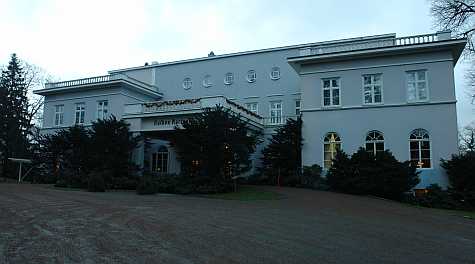This winter, there hasn’t been much snow in Finland, but the weather was cold and cloudy. The workshop was centered at historic Haikko Manor, just southwest of Porvoo.
 Continue reading “2007/01/07 Wanha Laamanni, Haikko Manor, Porvoo, Finland“
Continue reading “2007/01/07 Wanha Laamanni, Haikko Manor, Porvoo, Finland“
This winter, there hasn’t been much snow in Finland, but the weather was cold and cloudy. The workshop was centered at historic Haikko Manor, just southwest of Porvoo.
 Continue reading “2007/01/07 Wanha Laamanni, Haikko Manor, Porvoo, Finland“
Continue reading “2007/01/07 Wanha Laamanni, Haikko Manor, Porvoo, Finland“
Usually, on one of the weekend days of my visits, Karlos and I usually take some time off, visiting Kiasma, or just having lunch and walking around the city — but we set a bad pattern on the last trip. In November, he first begged off going out because he was trying to meet a deadline in editing a book, and I then later begged off a dinner because I had to prepare for a lecture. Toward the end of that visit, we did get to meet for a nice dinner, but winter was setting in pretty early for other activities. I think that this trip is my eighth visit to Finland since 2003, but unusual in a strong probability for sunny weather and long days with light. I had suggested to Karlos that we might take the drive to Porvoo if the weather stood up. Continue reading “A quiet afternoon strolling through Old Porvoo“